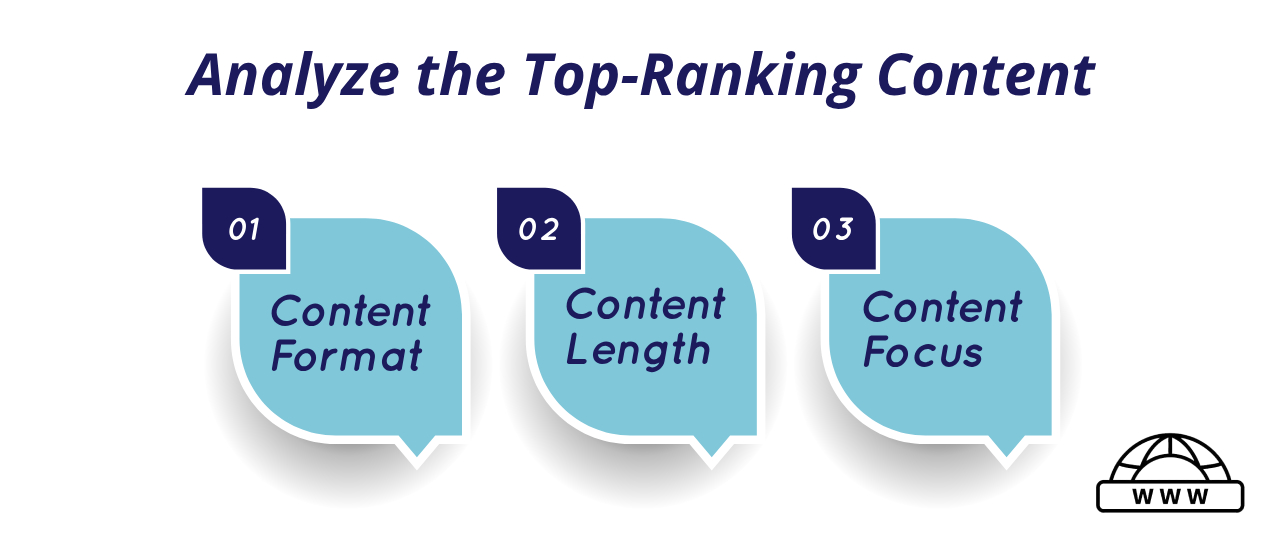Have you poured hours into keyword research, only to wonder what to do next? You’re not alone. Keyword research is a crucial first step, but it’s just the beginning of the journey. Studies show that websites with a strong keyword strategy can see a 250% increase in organic traffic. In this blog post, we’ll unveil a powerful framework to help you transform your keyword research into a website traffic powerhouse.
Here are some key steps to take after your keyword research is complete:
1. Organize and Prioritize Your Keywords
Don’t just leave your keywords in a jumbled mess. Categorize them by theme or topic, and prioritize them based on a combination of factors:
- Search Volume: How many people are searching for this keyword each month?
- Keyword Difficulty: How competitive is it to rank for this keyword?
- Relevance: How well does this keyword align with your business goals and target audience?
2. Analyze the Top-Ranking Content

For your high-priority keywords, conduct a competitive analysis of the content that’s already ranking at the top of the search results pages (SERPs). This will give you valuable insights into the strategies utilized by top-performing content creators and the techniques they’ve employed to achieve success in capturing coveted search engine visibility. Utilizing effective keyword research tools and methodologies can further enhance your competitive analysis, providing deeper insights into the keyword landscape and helping you refine your SEO strategy accordingly:
- Content Format: What type of content is performing well (articles, videos, infographics)?
- Content Length: How long is the typical top-ranking content?
- Content Focus: What topics and subtopics are being covered?
3. Craft a Content Strategy
Use your keyword research to inform your content creation strategy. Now’s the time to decide:
- What new content will you create to target your keywords?
- Can you optimize existing content to better target relevant keywords?
- What content formats will resonate best with your target audience?
4. Optimize Your Content for Search Engines (SEO)
Once you have a content plan, you need to optimize your content for search engines. This includes incorporating your target keywords naturally throughout your content, including in titles, headers, meta descriptions, and image alt text. But remember, avoid keyword stuffing!
5. Track Your Results and Refine Your Strategy
SEO is an ongoing process. Once you’ve published your content, track your website’s performance in search results using analytics tools. See which keywords you’re ranking for, how much traffic you’re getting, and how users are engaging with your content. Use this data to refine your strategy and identify new keyword opportunities.
For a deeper understanding of on-page optimization, check out our SEO guide.
By following these steps, you can turn your keyword research into a powerful tool for driving organic traffic to your website and achieving your SEO goals.
Conclusion:
In conclusion, keyword research lays the foundation for your SEO strategy, but it’s what you do next that truly determines your success. By refining your content strategy, optimizing on-page elements, and staying proactive in monitoring and adapting to changes, you can maximize your SEO efforts and achieve sustainable long-term results.





